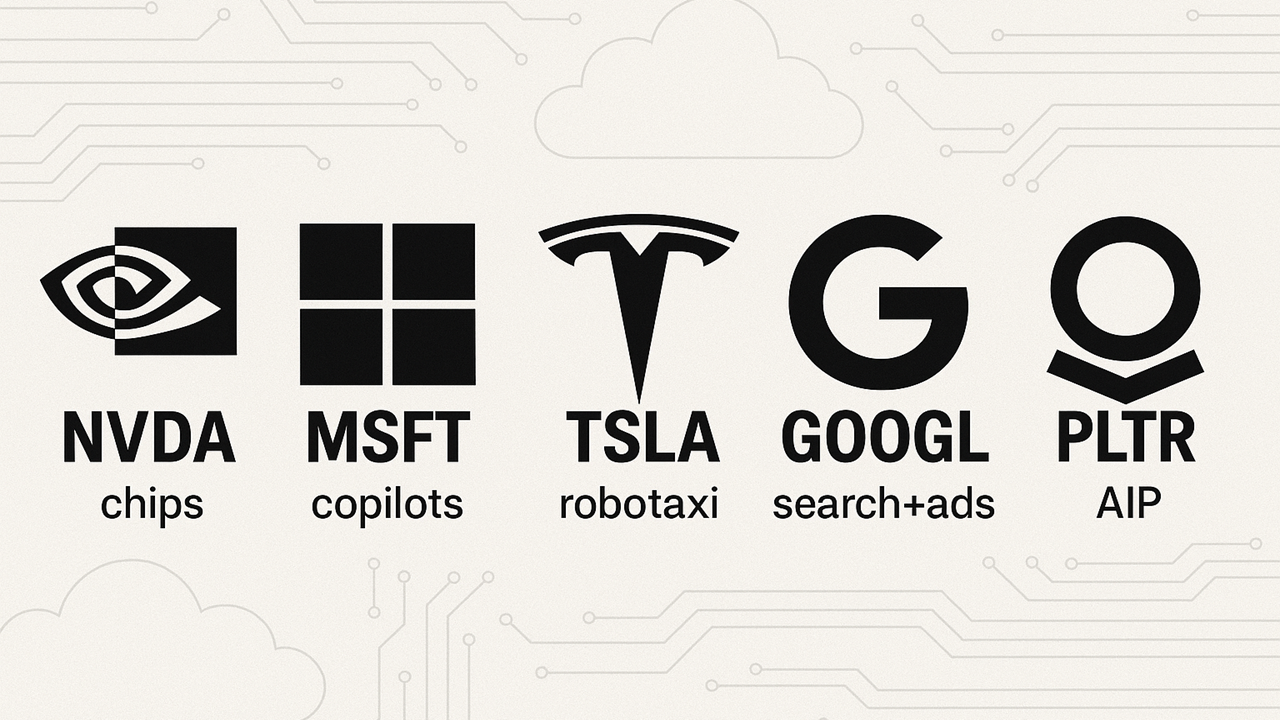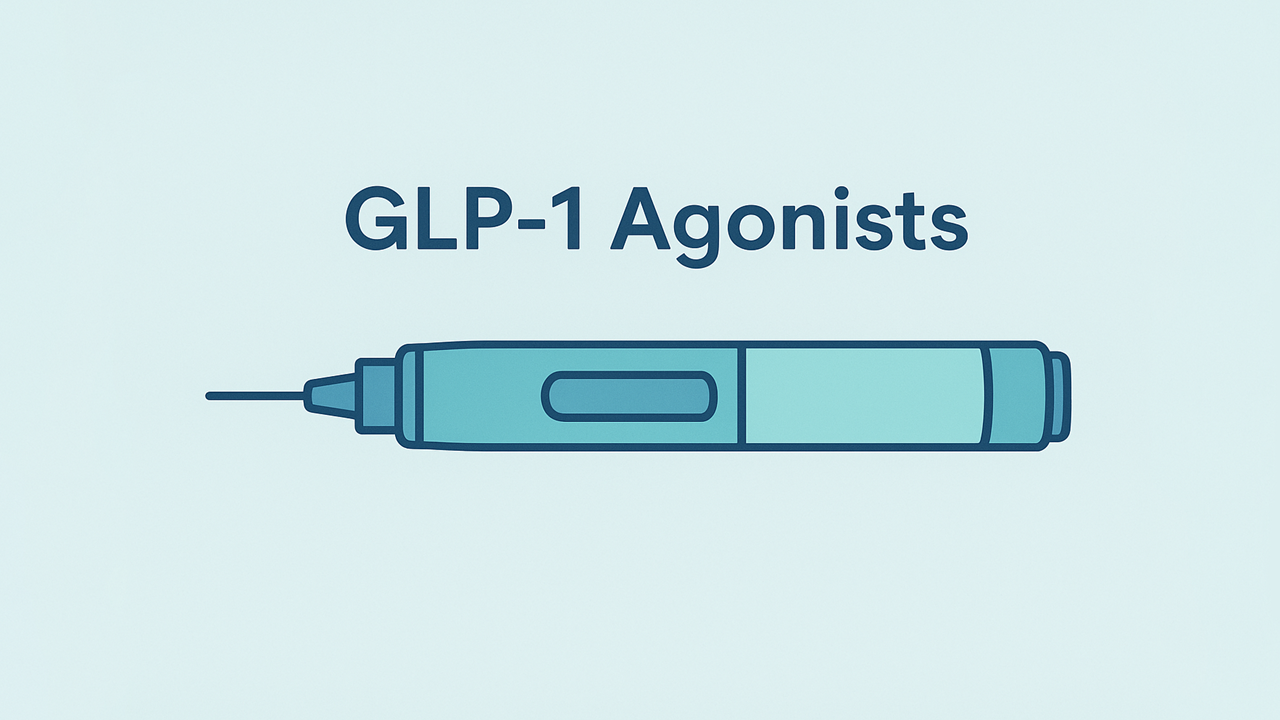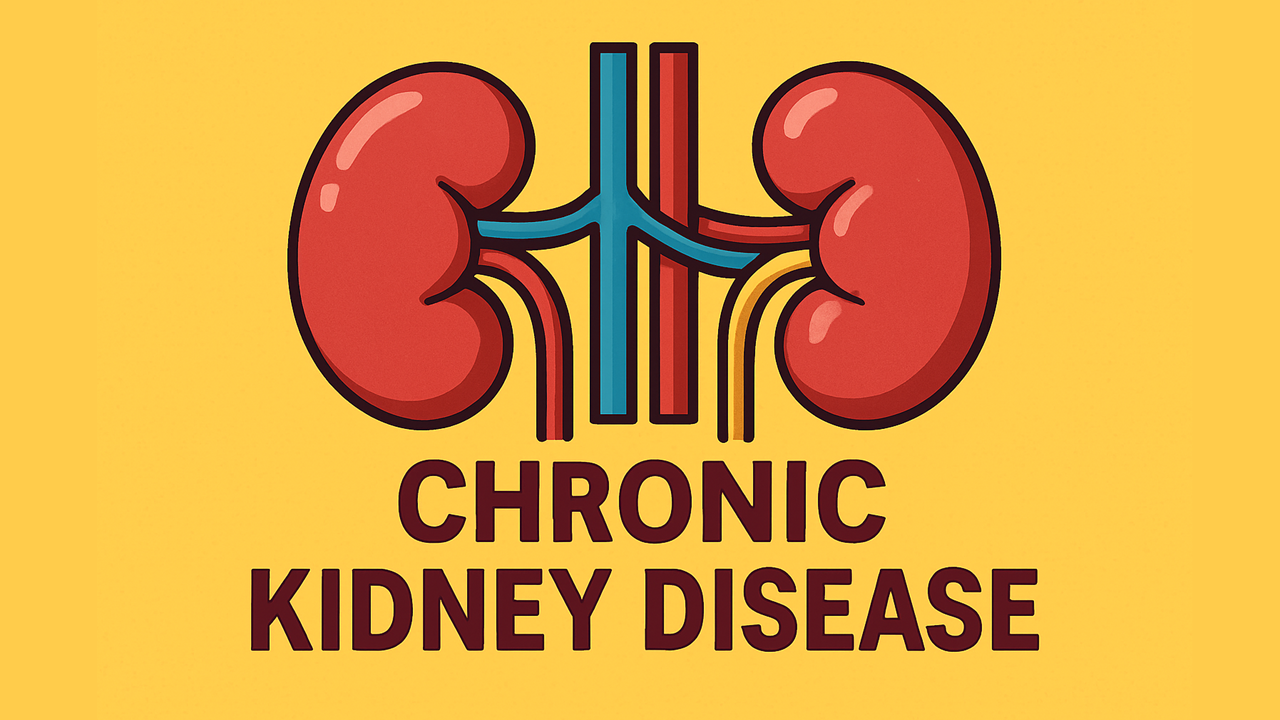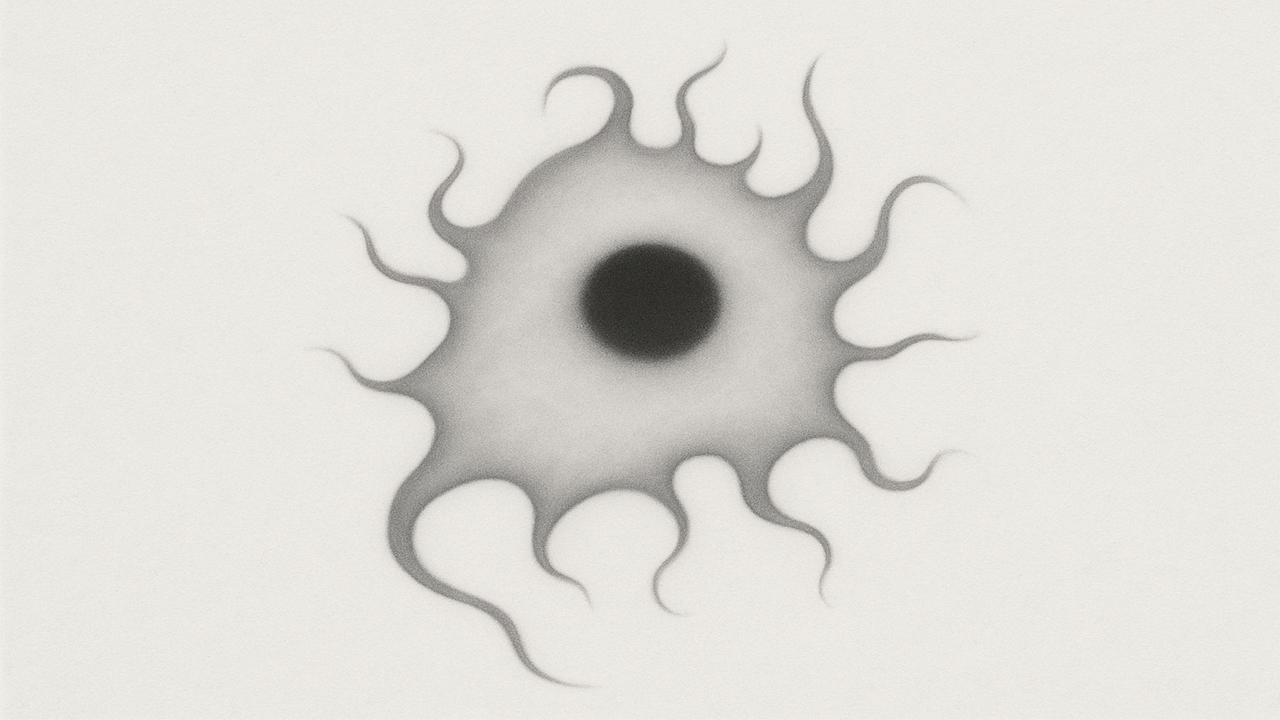Hidden Antigens in Pancreatic Cancer Open New Door to Immunotherapy
A New Frontier in Cancer Immunotherapy
Pancreatic cancer remains one of the most difficult cancers to treat, with current therapies offering little improvement in survival rates. A recent May 2025 discovery led by MIT and Dana-Farber scientists has identified a previously hidden set of antigens—termed “cryptic peptides”—on pancreatic tumor cells. These peptides arise from parts of the genome once thought to be non-coding, potentially transforming the way we approach immunotherapy for this disease [1].
Background: The Search for a Vulnerability
Unlike other cancers, pancreatic ductal adenocarcinoma (PDAC) has a low mutational load, offering few neoantigens for the immune system to recognize. Traditional immunotherapies have thus failed to produce meaningful results in PDAC. Scientists asked whether “hidden” or cryptic antigens might exist on the surface of cancer cells, potentially revealing new therapeutic opportunities [2].
Methodology: Uncovering the Cryptome
Researchers used tumor samples from PDAC patients to grow three-dimensional tumor organoids, isolating cancerous cells for detailed analysis. They applied immunopeptidomics, a technique that identifies peptides bound to HLA molecules on cell surfaces, using high-resolution mass spectrometry to catalog thousands of peptides. The surprise: many peptides originated from unannotated, noncoding genomic regions [3].
Over 1,700 cryptic peptides were identified across patient samples
About 500 peptides were tumor-specific, absent from normal tissues
These were tested for T-cell reactivity, and many proved immunogenic
Engineered T cells targeting these peptides were able to kill cancer cells in vitro and slow tumor growth in mice, providing a compelling proof of concept [4].
Key Findings: New Targets, Real Potential
New Antigen Class: Cryptic peptides derived from the "dark genome" represent a new category of tumor antigen
Tumor-Specificity: 500 peptides found only in PDAC cells offer a promising set of immunotherapy targets
Immune Recognition: These peptides provoke strong T-cell responses, similar to conventional neoantigens
Proof in Mice: Engineered T cells slowed tumor growth, marking the first successful use of cryptic antigens in PDAC immunotherapy [5]
Theoretical Impact: Rethinking the Genome
This discovery redefines how we think about tumor immunogenicity. Instead of focusing solely on mutated proteins, scientists can now target translation errors and unconventional reading frames, expanding the antigenic landscape. The study suggests that non-coding regions of DNA—once dismissed as irrelevant—can be rich sources of therapeutic targets [6].
Implications for Medicine
The immediate next steps include:
Vaccine development using cryptic peptides
TCR-engineered T cells customized to individual patients
Bispecific antibodies that link immune cells to tumor cells
This approach could dramatically improve outcomes in pancreatic cancer and may extend to other low-mutation “cold” tumors [7].
Limitations
Findings are preclinical; human trials are still years away
Tumor responses were partial, not curative in mice
Further work is needed to prioritize the most promising peptide targets and ensure safety
The mechanism behind cryptic peptide production remains unclear [8]
Future Outlook
The research opens doors to:
Wider cancer applications, exploring cryptic peptides in other tumors
Mechanistic studies to understand aberrant translation
Diagnostic tools to identify patients who might benefit from these therapies
Next-generation immune therapies that pair cryptic antigen targeting with checkpoint inhibitors
As this work progresses toward clinical trials, it may mark the dawn of a new immunotherapy era—one where even the cancer cell’s hidden byproducts can be used against it.
References
Ely, Z. et al. Science (May 2025)
Freed-Pastor, W., MIT Press Release (2025)
ana-Farber.edu: Cryptic Antigen Discovery in PDAC
MIT Immunology Department Briefing (2025)
Jacks, T. - MIT Center for Cancer Research Statement
“The Dark Genome and Cancer Immunity,” Harvard.edu (2025)
Clinical Strategies for Cryptic Antigen Vaccines - Dana-Farber
“Pancreatic Cancer’s Hidden Vulnerability,” Science Highlights, NIH





























